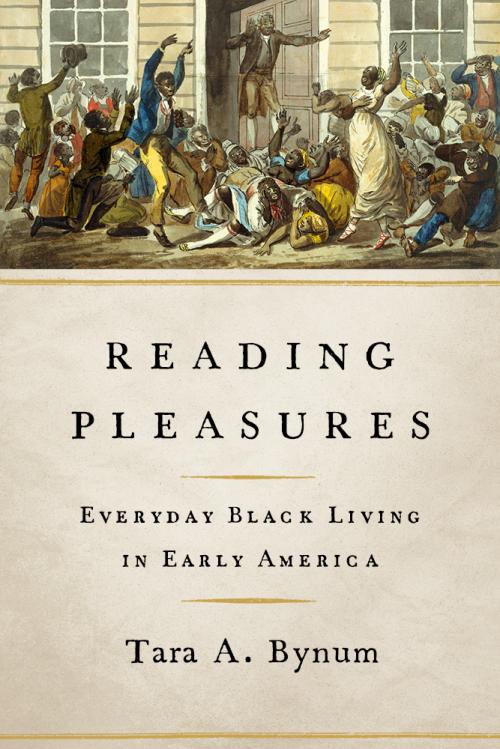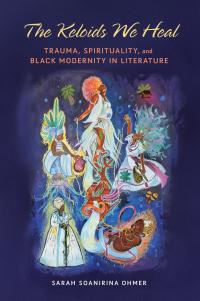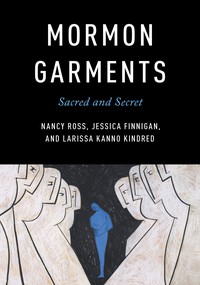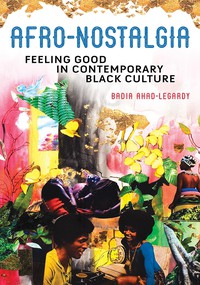
Reading Pleasures
Cloth: 01/10/2023
About the Book
In the early United States, a Black person committed an act of resistance simply by reading and writing. Yet we overlook that these activities also brought pleasure. Tara A. Bynum tells the compelling stories of four early American writers who expressed feeling good despite living while enslaved or only nominally free. The poet Phillis Wheatley delights in writing letters to a friend. Ministers John Marrant and James Albert Ukawsaw Gronniosaw memorialize their love for God. David Walker’s pamphlets ask Black Americans to claim their victory over slavery. Together, their writings reflect the joyous, if messy, humanity inside each of them. This proof of a thriving interior self in pursuit of good feeling forces us to reckon with the fact that Black lives do matter.A daring assertion of Black people’s humanity, Reading Pleasures reveals how four Black writers experienced positive feelings and analyzes the ways these emotions served creative, political, and racialized ends.
* Publication was supported by a grant from the Howard D. and Marjorie I. Brooks Fund for Progressive Thought.
About the Author
Tara A. Bynum is an assistant professor of English and African American Studies at the University of Iowa.Reviews
"What is most beautiful about these chapters is the way that Bynum maintains a delightful voice, a first-person perspective that centers her own pleasure in the researching and writing of this book. Her curiosity permeates each page. . . . She models for the reader what it is to read with curiosity and how to allow the interiority of others to inform our own, resulting in a communal experience." --Little Village MagazineBlurbs
“Sit down, read this book, and become a changed reader, scholar, and human. Sit down, and learn from Tara Bynum about worlds of Black experience--joy, longing, pleasure--beyond the white gaze. Through her brilliant literary research and reading of early African American literature, Bynum achieves the full humanity that a viciously segregated, racialized world denies all of us: some in body, some in understanding and spirit. In so doing, this book exemplifies what the humanities should be all about.”--Joanna Brooks, author of Why We Left: Untold Songs and Stories of America's First Immigrants










